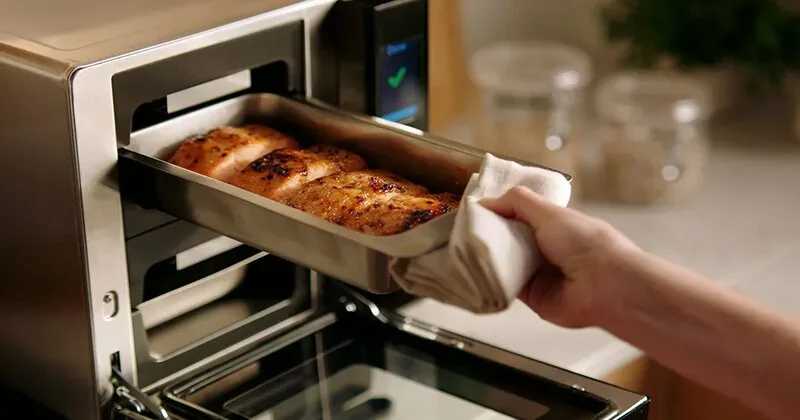
Leftovers are a convenient solution for busy households, but dietary experts warn that reheating certain foods can turn them into health risks. Dietitian Harini Bala recently highlighted three common foods that should never be reheated due to potential chemical changes or bacterial growth. Spinach, for instance, contains oxalic acid, which can crystallize into a toxic form upon reheating, raising the risk of kidney stones. Additionally, spinach’s nitrates can convert into nitrites when reheated, a process linked to an increased risk of bowel cancer. Spinach may also harbor listeria, a bacteria causing serious foodborne illnesses if not properly heated.
Tea is another surprising item on the list. Reheating tea can intensify its bitter tannins and activate dormant bacteria, making it both unpleasant and potentially harmful. However, rice tops the danger scale. Cooked rice left at room temperature can harbor Bacillus cereus, a heat-resistant bacteria. Reheating does not destroy this pathogen, which can cause vomiting, diarrhea, and abdominal pain. To minimize risks, Bala advises storing cooked rice in an airtight container and refrigerating it within two hours of cooking.
The dangers of improperly stored or reheated food are exemplified in a tragic case involving a 20-year-old Belgian man who died from “fried rice syndrome” after consuming reheated spaghetti left out for five days. Bacillus cereus was identified as the cause, leading to liver necrosis. This incident underscores the importance of proper food storage and cautious reheating practices to avoid severe health consequences.

Post Your Comments